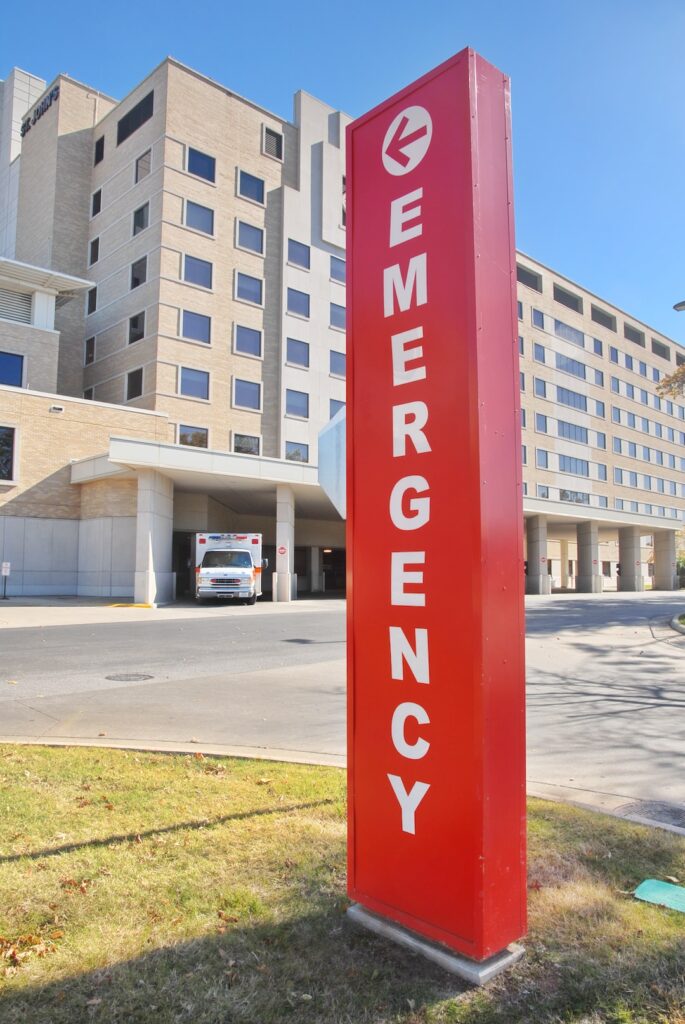Handling an Emergency Situation: Staying Calm and Taking Action
Emergencies can happen at any time and in any place, and it’s crucial to be prepared to handle them effectively. Whether it’s a medical emergency, a natural disaster, or an accident, knowing how to respond calmly and swiftly can make all the difference. In this blog post, we’ll explore strategies for handling emergency situations and provide actionable steps for readers to apply in their daily lives.
Understanding the Importance of Emergency Preparedness
Surprising Stat: Did you know that in the United States, someone is affected by a disaster every 60 seconds?
Stay Informed
It’s essential to stay informed about the types of emergencies that could occur in your area. This includes understanding the common risks and knowing how local authorities communicate alerts and warnings.
The Importance of Staying Calm
Remaining calm in an emergency is crucial. According to a survey, 77% of individuals who remained calm during an emergency were able to help others effectively.
How to Prepare for Emergencies
Emergencies can be unpredictable, but there are proactive steps individuals can take to prepare themselves and their families.
Create an Emergency Plan
Develop a comprehensive emergency plan for your household, including evacuation routes, meeting points, and important contact information. Practice the plan with all family members.
Assemble an Emergency Kit
Prepare a well-stocked emergency kit that includes first aid supplies, non-perishable food, water, flashlights, and essential items for each family member. Don’t forget about supplies for pets if you have them.
Actions to Take During an Emergency
When an emergency occurs, taking swift and effective action can save lives and minimize damage.
Assess the Situation
Quickly assess the nature and severity of the emergency. This will help you determine the appropriate course of action and whether emergency services need to be contacted.
Communicate Clearly
Effective communication is key during an emergency. Use concise and clear language when seeking help or providing assistance to others.
Applying Emergency Preparedness in Daily Life
Stay Informed
Regularly check local news and weather updates to stay informed about potential hazards or risks in your area.
Practice Calming Techniques
Incorporate calming techniques such as deep breathing and visualization into your daily routine. This can help you remain composed during high-stress situations.
Conduct Emergency Drills
Regularly practice your emergency plan with family members or roommates to ensure everyone knows what to do in various scenarios.
In Summary
Handling an emergency requires a combination of preparation, quick thinking, and effective communication. By staying informed, creating a solid emergency plan, and practicing crucial skills, individuals can be better equipped to handle unexpected situations. Remember, staying calm and taking decisive action can make a significant impact on the outcome of an emergency.














